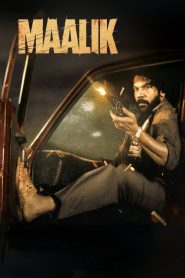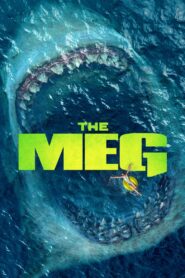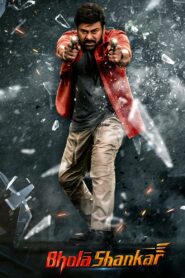
Video Sources 16 Views Report Error
Movie Review
Coolie (2025) – A Raw Power Fantasy Fueled by Pain and Pride
Coolie packs a punch of visceral emotion and primal energy, anchored by powerhouse performances and brutal storytelling. Set against the backdrop of Mumbai’s chaotic docks and shadowy alleyways, this gritty drama reinvents the “coolie” archetype—transforming it from a symbol of strength into a vessel for rage, resilience, and reluctant redemption.
At the center is newcomer Arjun “Arj” Mehra—a dockworker with a secret. He’s humble and physically imposing, but there’s a storm in his heart: every scar on Arj’s knuckles, every bead of sweat, carries the weight of an unspoken past. When tragedy strikes his community, he’s pulled into a festering war with a ruthless union boss. From then on, it’s a collision of dignity and fury, as this “coolie” becomes an unlikely avenger.
The casting of Arj is a revelation. He carries every scene with fire and grit, whether silently unloading crates or throwing the first punch in a brutal underground fight. His face cycles between quiet longing and raw fury, and in his gaze you sense a man who refuses to be invisible. He’s not a polished hero—he’s more like a force of nature given purpose.
The supporting cast deepens the stakes. A veteran character actor plays the union boss with chilling calm, walking the thin line between charisma and impending violence. He’s not just a villain; he’s an institution, and opposes Arj with the weight of tradition on his side. Meanwhile, a dockworker-turned-activist (played with searing conviction) sparks Arj’s transformation by reminding him that power can serve the powerless. She’s not a sidekick—she’s the conscience Arj needs to reclaim.
Visually, Coolie is drenched in maritime grime—rusting shipping containers, rain-soaked walkways, and handheld intimacy that makes every shove, every scuffle, feel claustrophobic and urgent. The fight scenes are blunt and painful, without stylization. One standout sequence in a dim warehouse pits Arj against a group of armed thugs—no flashy camera, no choreographed artistry—just raw, bone-crunching brawls that leave you winded.
The film’s emotional core lies in sacrifice. Arj isn’t just fighting for himself; he’s fighting for dignity: his own, and that of the faceless laborers forced to bear others’ without reward. His journey isn’t from zero to hero—it’s from silent endurance to defiant voice. And by the climactic showdown on a rain-lashed pier, his choice isn’t easy or triumphant—it’s necessary, costly, and morally complex.
If there is a flaw, it arises in pacing. At two hours and fifteen minutes, the middle stretches lean heavily on setup: union politics, backstory reveals, dockyard debates. These scenes deepen the world—but some audiences might feel the film’s pulse falter before the final sprint.
Yet, when the climax arrives, it’s electric. There’s no grandstanding, no superpower flare—just one man standing up in the rain, bruised and resolute. When the final fist lands, it’s a shout into the void, a statement that even the “invisible” can matter.
Final Verdict:
Coolie is a brutal, deeply human story of strength reclaimed—physically and spiritually. It doesn’t shy away from violence or moral grayness, and it leans hard into the price of defiance. Anchored by a breakout lead, with no-nonsense realism and emotional grit, it’s a dockside epic that reverberates long after the credits roll.
Rating: 8/10 – A fierce, soulful drama that packs emotional weight and uncompromising authenticity.
Original title கூலி
Director
Director
Cast
Deva
Simon
Kaleesha
Rajasekar
Dayal
Dahaa
Preeti

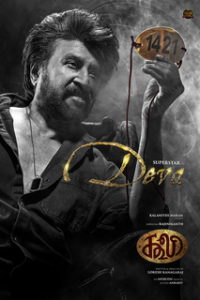















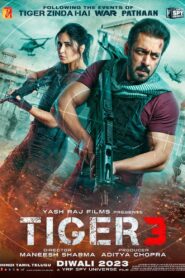

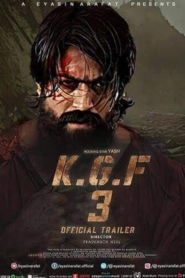
![Salaar: Part 1 – Ceasefire (2023) Full HD 4K Hindi South-Bollywood Movie Prabhas [Review]](https://mlwbd.click/wp-content/uploads/2023/09/Image-74-185x268.png)

